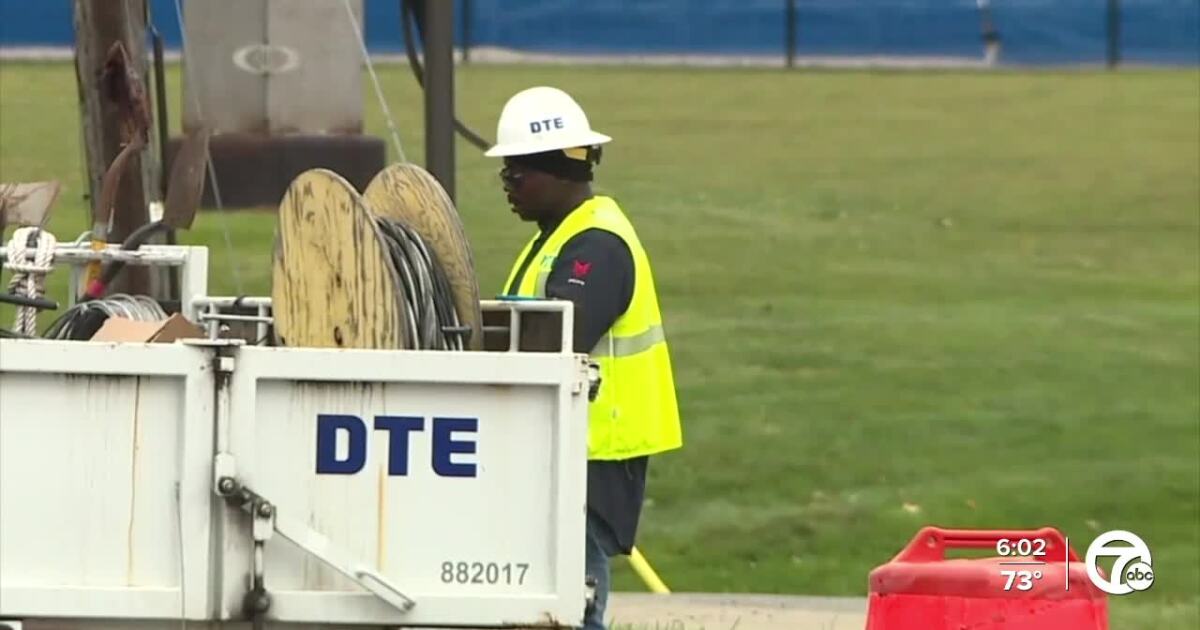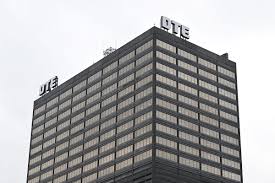DTE Energy Co., Michigan's largest electric utility, has submitted a request to increase electric rates, seeking a $574 million hike effective Feb. 24, 2026. This proposal has sparked debate among stakeholders, with residential customers facing an 11.1% increase in their rates. The overall rate increase, encompassing commercial and industrial customers, stands at 9.8%. DTE justifies the need for this hike by emphasizing investments in grid reliability, transitioning to cleaner energy sources, and ensuring system resiliency amidst extreme weather conditions.
Ryan Lowry, a spokesperson for DTE Energy, highlights the utility's commitment to enhancing electric reliability and system resiliency while striving to keep customer bills below the national average. The proposed increase translates to a rise of $11.04 for a residential customer using 500 kilowatt hours per month. Despite DTE's assertions regarding the necessity of this rate adjustment, several consumer advocates and watchdog organizations have expressed skepticism and concern.
The Citizens Utility Board of Michigan's Executive Director, Amy Bandyk, criticizes the proposed rate hike as "absurd," pointing out that residential customers have seen a 51% increase in rates over the past decade, whereas industrial customers' rates have dropped by 16%. Bandyk raises the issue of financial burden on customers, particularly those already grappling with high electricity costs compared to other utilities across the country.
Michigan Attorney General Dana Nessel has also voiced opposition, questioning the repeated rate hikes and the impact on utility customers. Nessel underscores the need for accountability and transparency in how utility companies like DTE allocate funds and manage customer rates. The recent rate increase applications, including the current one from DTE, underscore the ongoing challenges faced by Michigan residents in managing energy costs.
DTE's rate hike request includes differentiated increases for commercial and industrial customers, with a 10.8% hike for small businesses and schools, and a 5.4% raise for industrial entities such as manufacturing plants. The request is part of a trend where utilities, including DTE, have sought rate increases on an annual basis after a hiatus during the pandemic. This year's proposal from DTE marks one of the largest requests in recent years, following a previous ask in 2023 for a $622 million increase.
The rate case process, overseen by the Michigan Public Service Commission cMPSCc, involves public participation and interventions from various groups, including industrial power users and community organizations. This engagement allows for scrutiny of the utility's claims and financial justifications for the proposed rate adjustments. Stakeholders involved in the process aim to ensure that any rate increases are justified and do not unduly burden consumers.
DTE Energy's investment plans outlined in the rate request include upgrading equipment, enhancing safety measures, and transitioning from coal to natural gas for power generation. Additionally, the utility aims to establish the Trenton Channel Energy Center, set to become the largest battery storage facility in the Great Lakes region upon completion. These initiatives align with DTE's broader strategy to modernize its infrastructure, improve grid resilience, and reduce its environmental impact.
While DTE underscores its progress in enhancing grid reliability and customer service, critics remain vigilant about ensuring that ratepayer funds are utilized efficiently and effectively. The balancing act between addressing infrastructure needs, transitioning to cleaner energy sources, and mitigating the impact on customer bills remains a focal point in the ongoing discourse surrounding DTE's rate increase request. As the MPSC reviews and deliberates on the proposal over the coming months, the outcome will have significant implications for DTE customers and Michigan's energy landscape.


